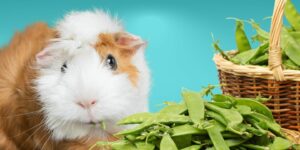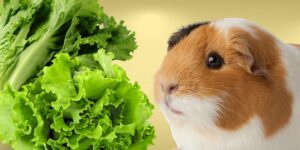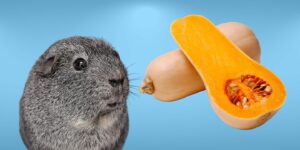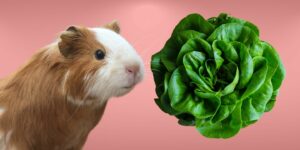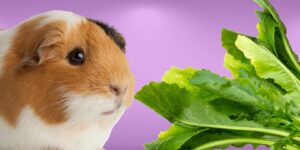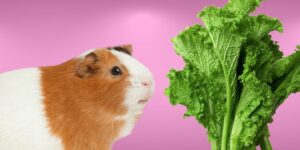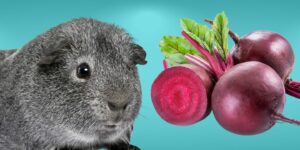The short answer is no; cats should not eat pickles. While a small amount may not cause harm, pickles are not a natural part of a cat's diet and can cause digestive upset. Cats have a specific dietary need, and it is crucial to provide them with an appropriate diet for their overall health and well-being.
Introduction
Brief overview of pickles
Pickles are typically made from cucumbers that have been soaked in vinegar and other seasonings. Although they may be a tasty snack for humans, they are not suitable for cats.
Cats' natural diet
Cats are obligate carnivores, which means their natural diet consists primarily of animal-based proteins. A proper cat diet should include high-quality meat, essential vitamins, minerals, and amino acids that cats require for good health.
Importance of a proper cat diet
Providing cats with a balanced and species-appropriate diet is crucial for maintaining their health and preventing various health issues related to poor nutrition.
Why Pickles Are Bad for Cats
Vinegar content
Effects of vinegar on cats' digestive systems
The primary ingredient in pickles, vinegar, can be harsh on a cat's digestive system and lead to stomach upset.
Seasonings and spices
Potential toxicity and reactions in cats
Pickles typically contain herbs, spices, garlic, or onions, all of which can be potentially toxic or cause negative reactions in cats.
High salt content
Dangers of salt for cats
Electrolyte imbalances
Consuming large amounts of salt can lead to electrolyte imbalances in cats, causing them to feel lethargic and potentially leading to more severe health issues.
Dehydration
Excessive salt intake can cause cats to become dehydrated, which can lead to urinary tract issues and other health problems.
Salt poisoning
In extreme cases, consuming too much salt can lead to salt poisoning, which can be life-threatening for cats.
Potential Health Issues for Cats Consuming Pickles
Gastrointestinal problems
Vomiting
Cats that eat pickles may experience vomiting due to the vinegar and seasonings causing irritation to their stomach lining.
Diarrhea
Consuming pickles can also lead to diarrhea in cats, resulting in dehydration if not addressed promptly.
Pancreatitis
Excessive fat and spices in pickles can contribute to the development of pancreatitis in cats, a painful and potentially life-threatening condition.
Kidney damage
High salt content in pickles can lead to kidney damage in cats if consumed regularly or in excessive amounts.
Heart issues
Large amounts of salt can cause heart issues for cats, as it can lead to high blood pressure and potentially damage the heart muscles.
Safe Alternatives to Pickles
Cat treats
Instead of sharing pickles with your cat, offer them specially formulated cat treats that meet their nutritional needs.
Fruits and vegetables safe for cats
Blueberries
Blueberries are a safe and healthy treat for cats, providing antioxidants and other beneficial nutrients.
Cooked carrots
Cooked carrots are another safe option for cats, but they should be offered in moderation.
Cooked green beans
Cooked green beans can be a healthy treat for cats when offered occasionally.
Tips for introducing new foods to cats
Always introduce new foods to cats slowly and in small amounts, monitoring them for any adverse reactions.
Signs Your Cat May Have Ingested a Harmful Substance
Symptoms to watch for
Lethargy
If your cat becomes unusually lethargic after consuming something it shouldn't have, consult your veterinarian.
Vomiting
Vomiting can be a sign of irritation or toxicity from ingesting harmful substances.
Diarrhea
Diarrhea may indicate that your cat is struggling to digest something they consumed.
Seizures
Seizures can be a symptom of severe toxicity and should be addressed by a veterinarian immediately.
When to consult a veterinarian
If your cat exhibits any of these symptoms or you suspect they have ingested a harmful substance, contact your veterinarian promptly.
Tips for preventing exposure to harmful foods
To prevent your cat from being exposed to harmful foods, always store potentially harmful items out of reach and monitor them during meal preparation.
Conclusion
In conclusion, while a small amount of pickle may not cause immediate harm to a cat, it is not recommended to feed them this food. Cats should stick to a diet of specifically formulated cat food to ensure their overall health and wellbeing. If you have concerns about your cat's diet and health, consult your veterinarian for personalized advice and recommendations.



